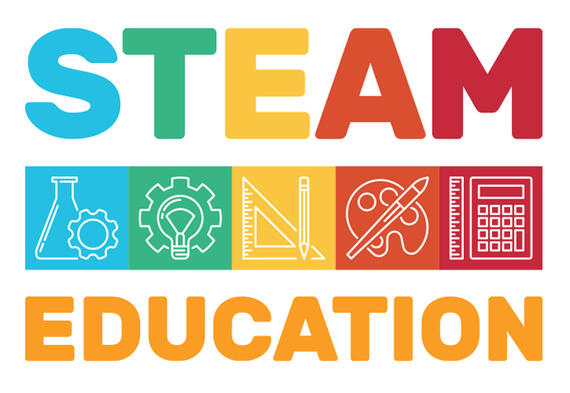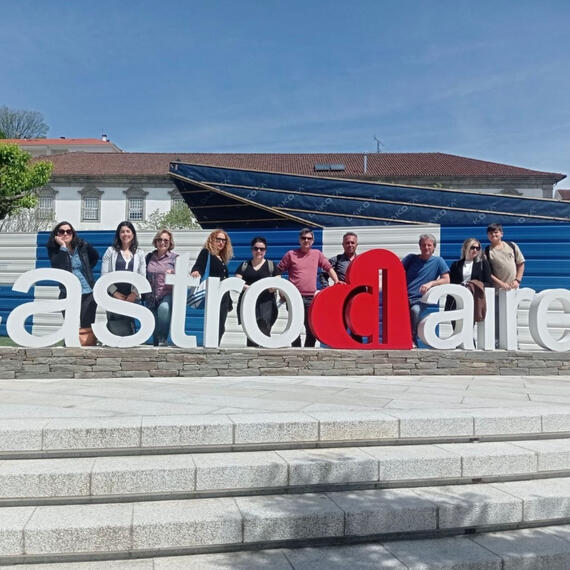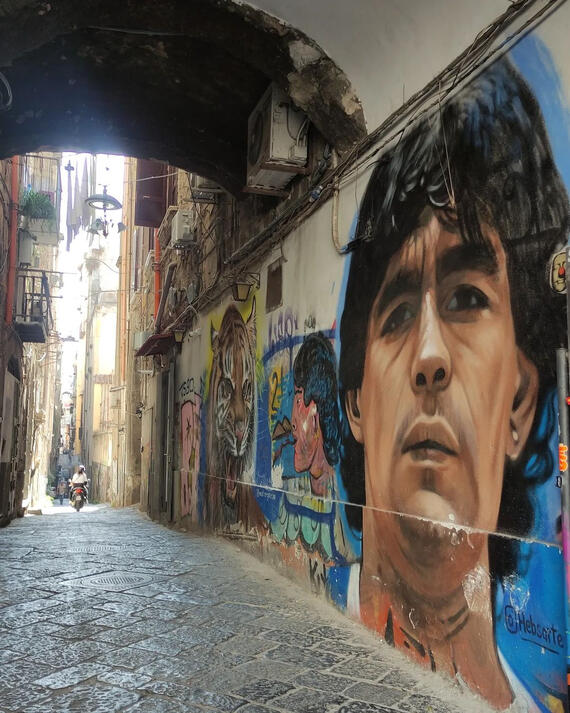WHAT IS STEAM EDUCATION?
STEAM education is an innovative educational approach that integrates five different disciplines: Science, Technology, Engineering, Mathematics, and sometimes, Art. This approach emphasizes interdisciplinary and problem-based learning, encouraging students to develop problem-solving skills, creativity, and cooperation across various subjects.
The Erasmus KA210 Project Begins with Mobility Event in Portugal
From April 26th to April 28th, the Erasmus KA210 project held its first mobility event, named "The Door to the Future: STEAM Training," at a school in Castro Daire, Portugal. This event, organized by the host school, primarily focused on strategic planning, scheduling activities, and assigning tasks to the participating schools.
A Journey into Italian Culture and Innovation
In the heart of Naples, a mobility project brought participants from around the world on a journey of cultural discovery and innovation. Guided by Giulia Santoro, they explored the ancient city, savored Margherita pizza, and participated in workshops on Arduino. The experience extended to the ruins of Pompeii and the breathtaking views of Sorrento, promoting understanding and interconnectedness between language, culture, and innovation. An unforgettable experience that forged lasting bonds among individuals from diverse backgrounds.
WHAT IS STEAM EDUCATION?
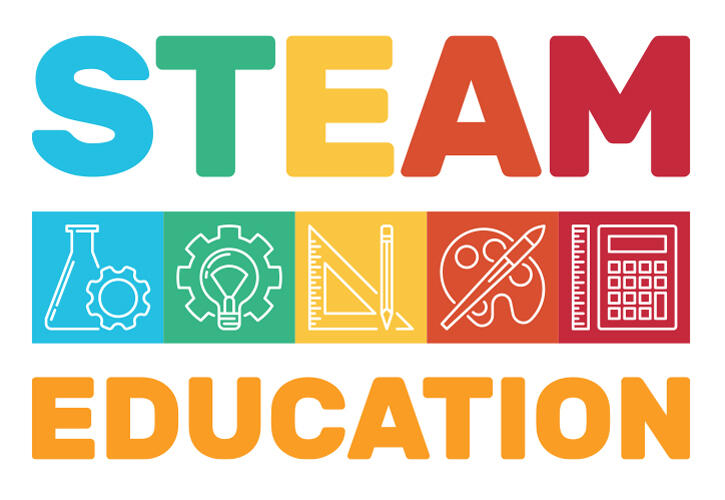
STEAM education is an innovative educational approach that integrates five different disciplines: Science, Technology, Engineering, Mathematics, and sometimes, Art. This approach emphasizes interdisciplinary and problem-based learning, encouraging students to develop problem-solving skills, creativity, and cooperation across various subjects.STEAM education goes beyond the traditional division of subjects and encourages students to see the world as interconnected. This approach promotes an understanding of the relationships between different disciplines and demonstrates how science, technology, engineering, mathematics, and art can collaborate to solve complex problems.Science: The foundation of scientific knowledge is fundamental in STEAM education. Students acquire scientific skills that help them understand the natural world and develop critical thinking.
Technology: In the modern world, technology is omnipresent. STEAM education prepares students to use technology efficiently, developing essential digital skills.
Engineering: The engineering approach in STEAM education teaches students to design solutions for real-world problems, stimulating their creativity and design abilities.
Mathematics: Mathematics is a universal language that plays a crucial role in STEAM education. Students learn to solve complex mathematical problems and apply mathematical concepts in real-world situations.
Art: Integrating art into STEAM education encourages creative expression and stimulates students' minds. Art can be used to visualize complex scientific concepts and make learning more engaging.STEAM education aims to develop a range of critical life skills, including:
Problem Solving: Students learn to tackle complex challenges, analyze data, and find innovative solutions.
Creativity: STEAM education encourages creativity through artistic and design activities, allowing students to express themselves freely.
Critical Thinking: Students learn to critically evaluate information and make evidence-based decisions.
Collaboration: The interdisciplinary approach of STEAM education promotes cooperation among students, preparing them for teamwork in the real world.
Communication: Students learn to communicate their ideas clearly and effectively, both verbally and through visual representations.
Art: Integrating art into STEAM education encourages creative expression and stimulates students' minds. Art can be used to visualize complex scientific concepts and make learning more engaging.
The Erasmus KA210 Project Begins with Mobility Event in Portugal
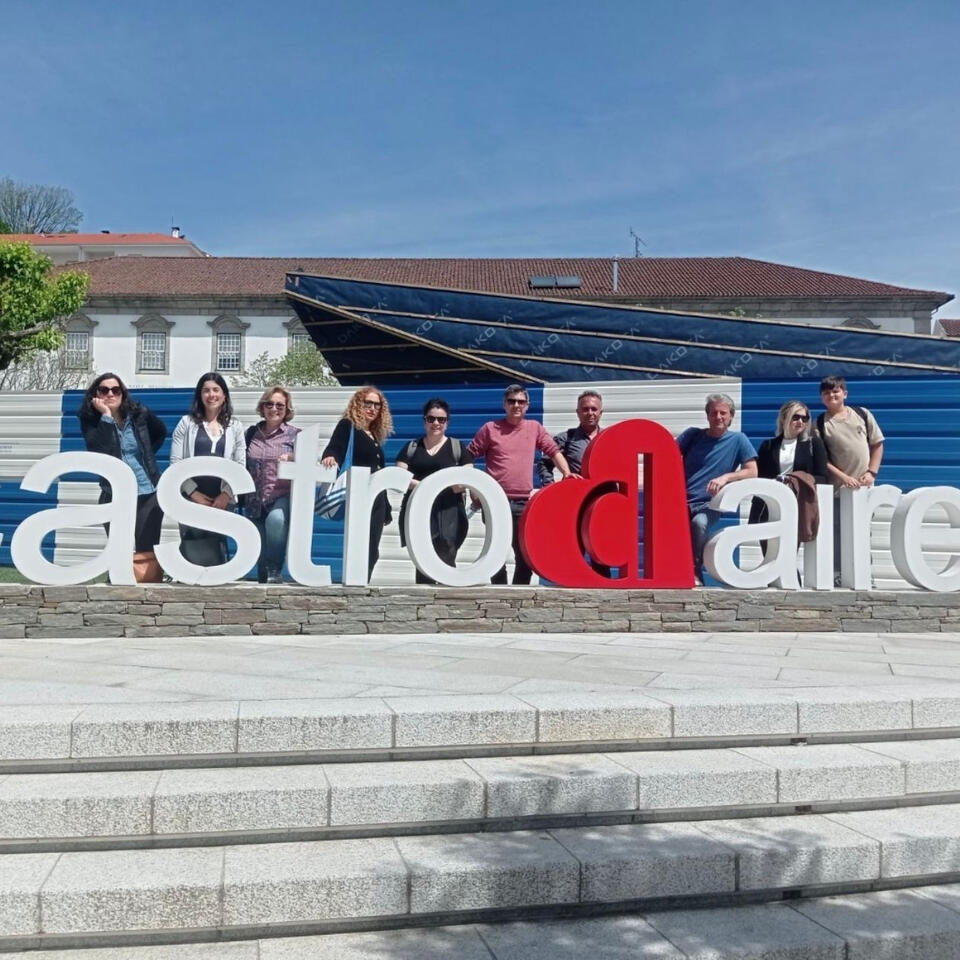
From the 26th to the 28th of April, the first mobility event of the Erasmus KA210 project, titled "The Door to the Future: STEAM Training," unfolded at a school in Castro Daire, Portugal. This inaugural meeting of the project, coordinated by the host school, was dedicated to strategic planning, activity scheduling, and task distribution among participating schools.During this event, teachers from partner schools in Italy and Turkey had the opportunity to explore the charming village and discover various tourist attractions in the surrounding region.
Naples: A Journey into Italian Culture and Innovation
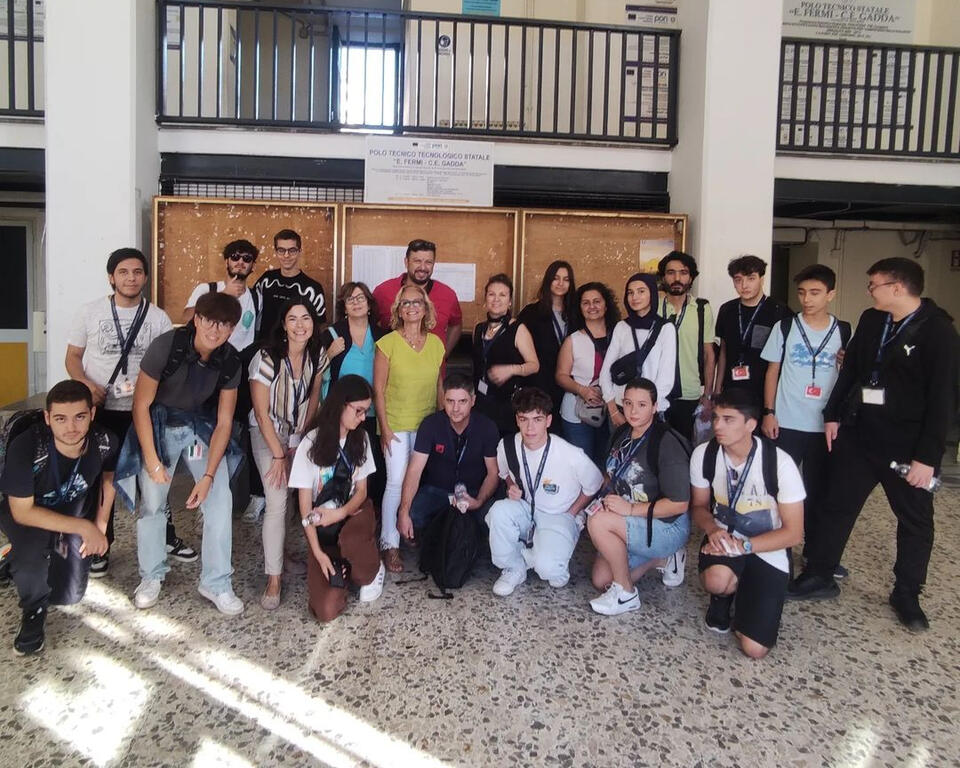
The bustling streets of Naples welcomed the participants of a unique mobility project with open arms. From historical landmarks to culinary delights, day one of the Naples mobility experience was a whirlwind of exploration and cultural immersion.Led by the knowledgeable guide, Giulia Santoro, the visitors were treated to a comprehensive tour of Naples city. With expert commentary, they delved into the rich history behind each monument and site, soaking in the vibrant atmosphere of this ancient city. The sunny weather only added to the enchantment of the day, amplifying the joy and excitement felt by all.No trip to Naples would be complete without indulging in its culinary treasures, and the group savored the authentic flavors of Margherita pizza. With each bite, teachers and students alike couldn't help but appreciate the simplicity and perfection of this iconic dish.The educational aspect of the mobility project was equally enriching. Students had the opportunity to interact with their Napolitan peers, gaining insights into local life and culture through a guided school tour. The day continued with a workshop on innovation featuring Arduino, a platform for building digital devices and interactive objects. Participants were introduced to Arduino and engaged in group activities, fostering collaboration and creativity among the international cohort.But the exploration didn't stop there. The following day brought an excursion to the archaeological marvel of Pompeii. Stepping back in time, students and teachers wandered through the ancient ruins, marveling at the preserved remnants of a bygone era. The experience was a testament to the profound connection between language and culture, as they absorbed the history embedded within the stones of Pompeii.Sorrento provided a picturesque backdrop for further cultural immersion. Its charming alleyways and breathtaking views of the sea offered the perfect setting for meaningful exchanges between project partners. Conversations flowed freely, deepening understanding and appreciation for Italian culture.As the day drew to a close, participants reflected on the wealth of experiences shared during their time in Naples. From the vibrant streets of the city to the tranquil beauty of Sorrento, each moment was a reminder of the profound interplay between language, culture, and innovation. The Naples mobility project had not only broadened horizons but had also forged lasting connections among individuals from diverse backgrounds, united by a shared passion for exploration and learning.
